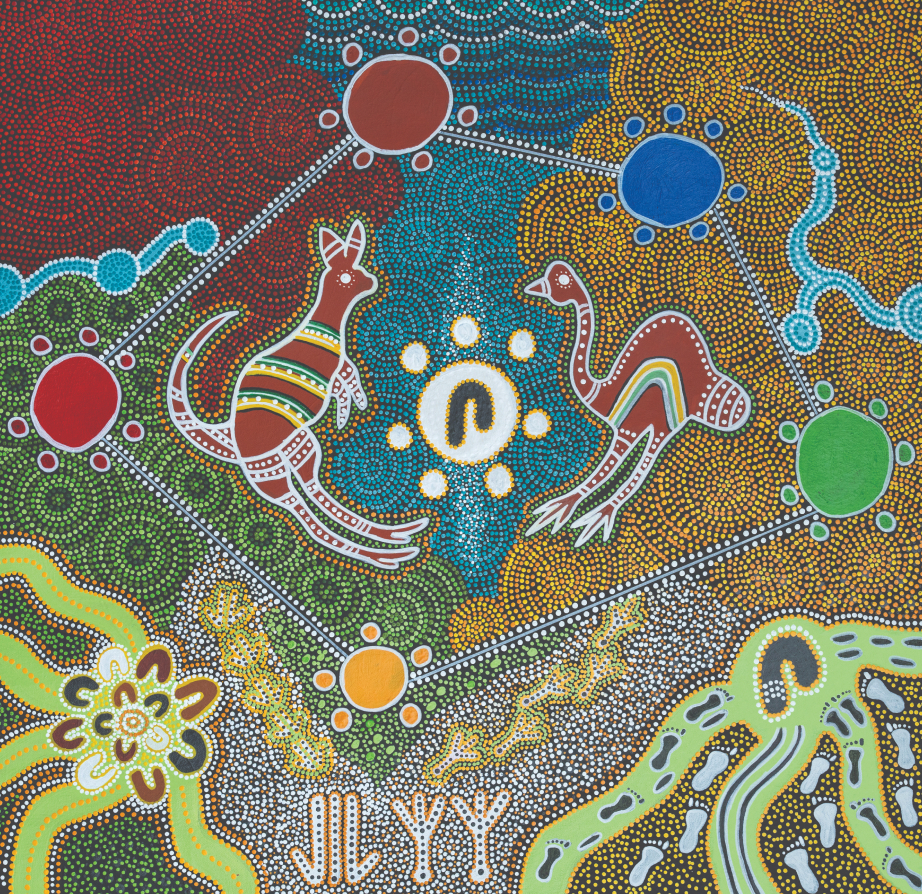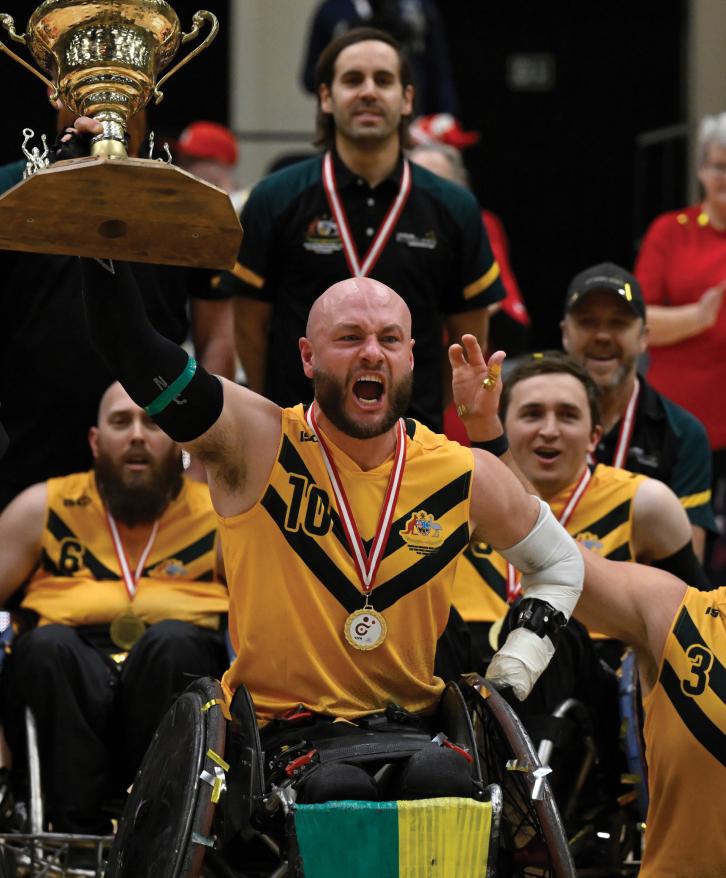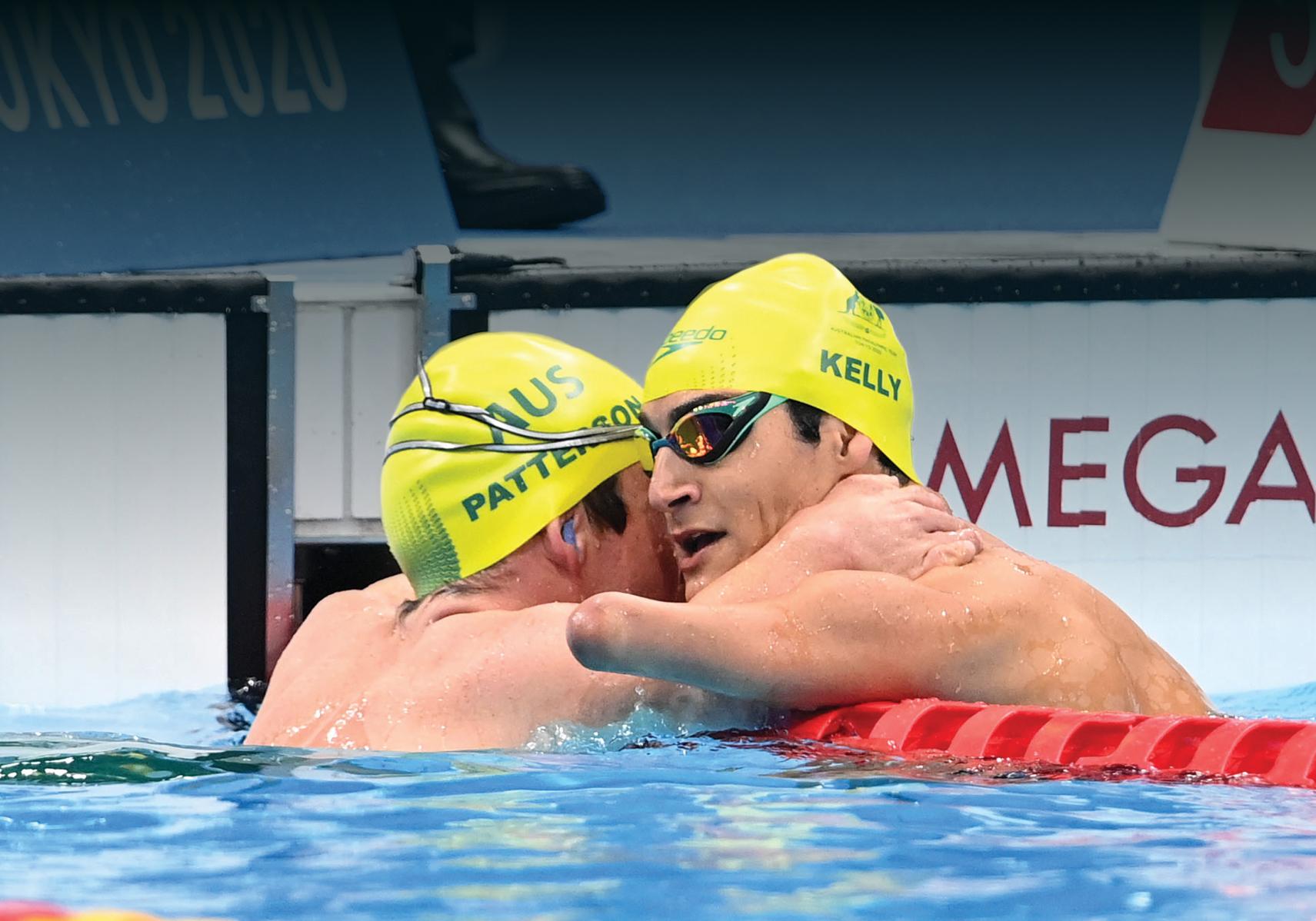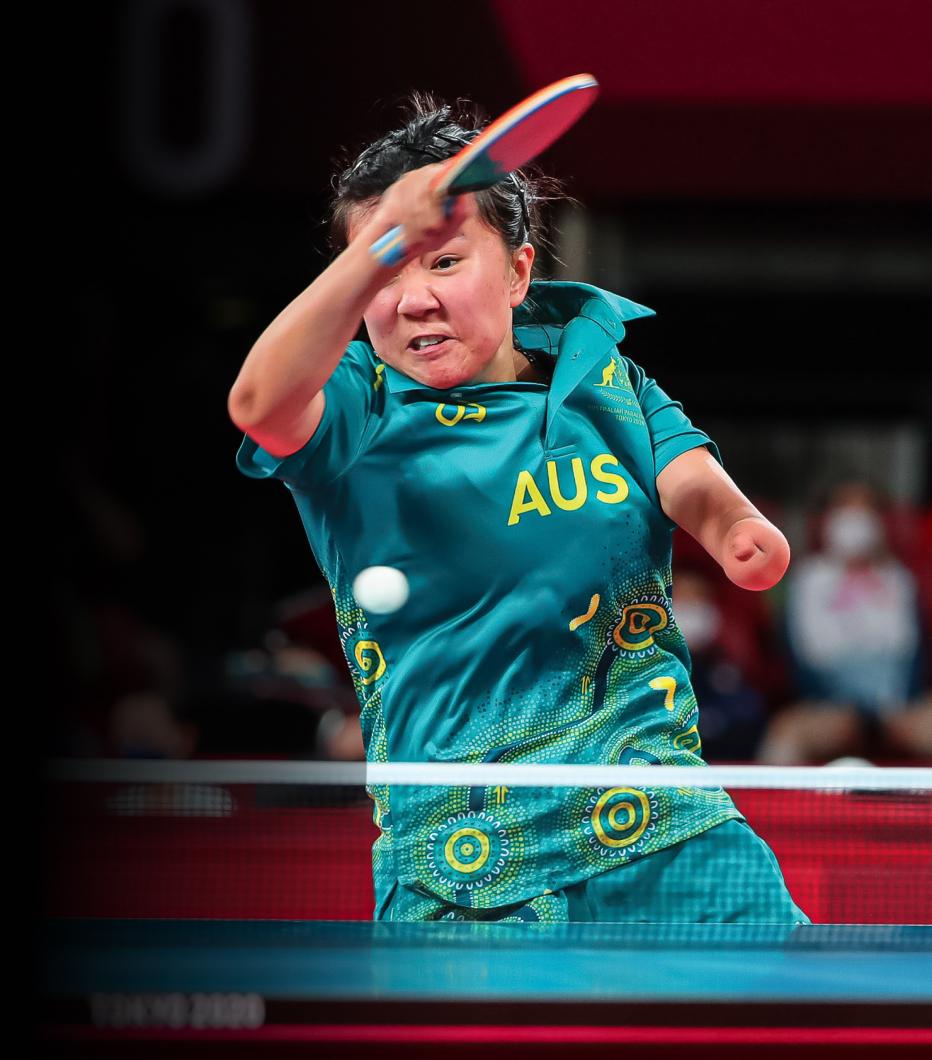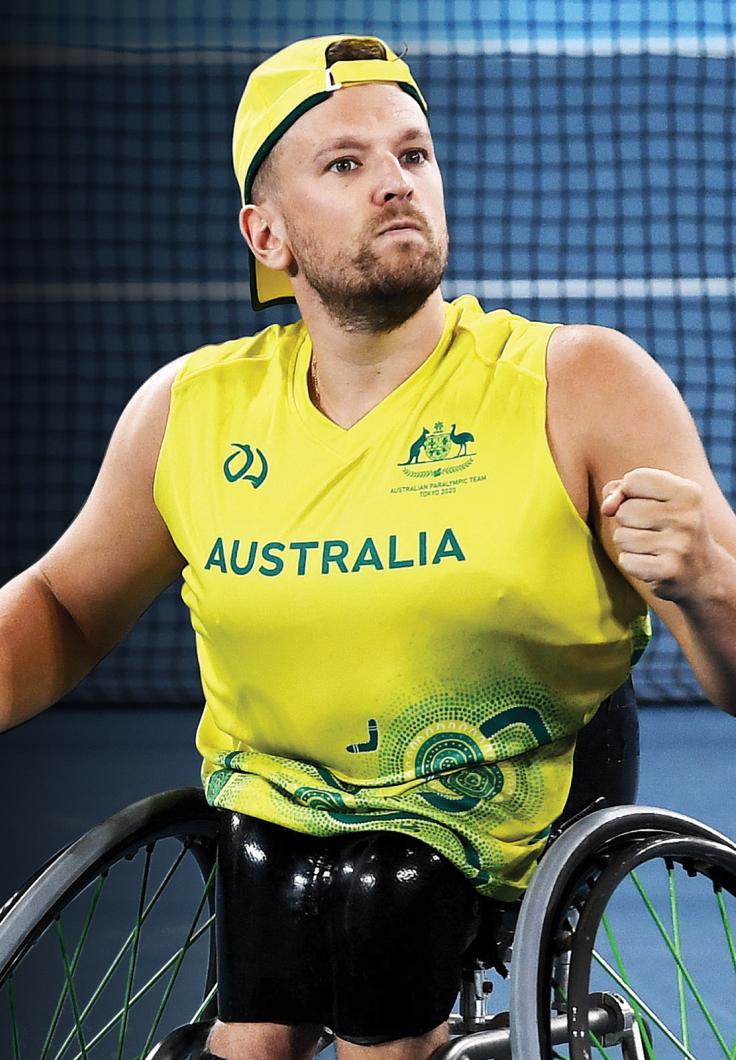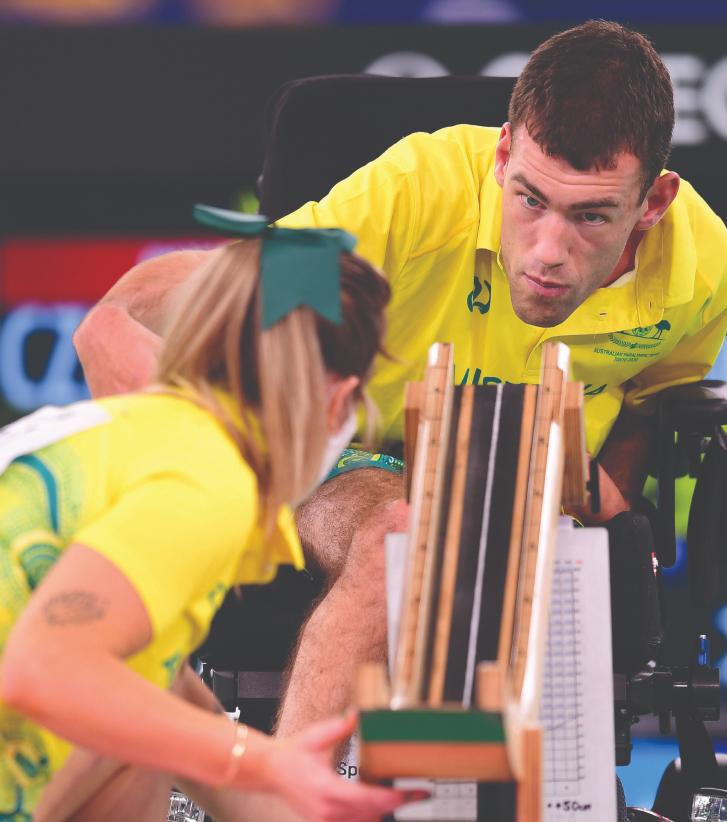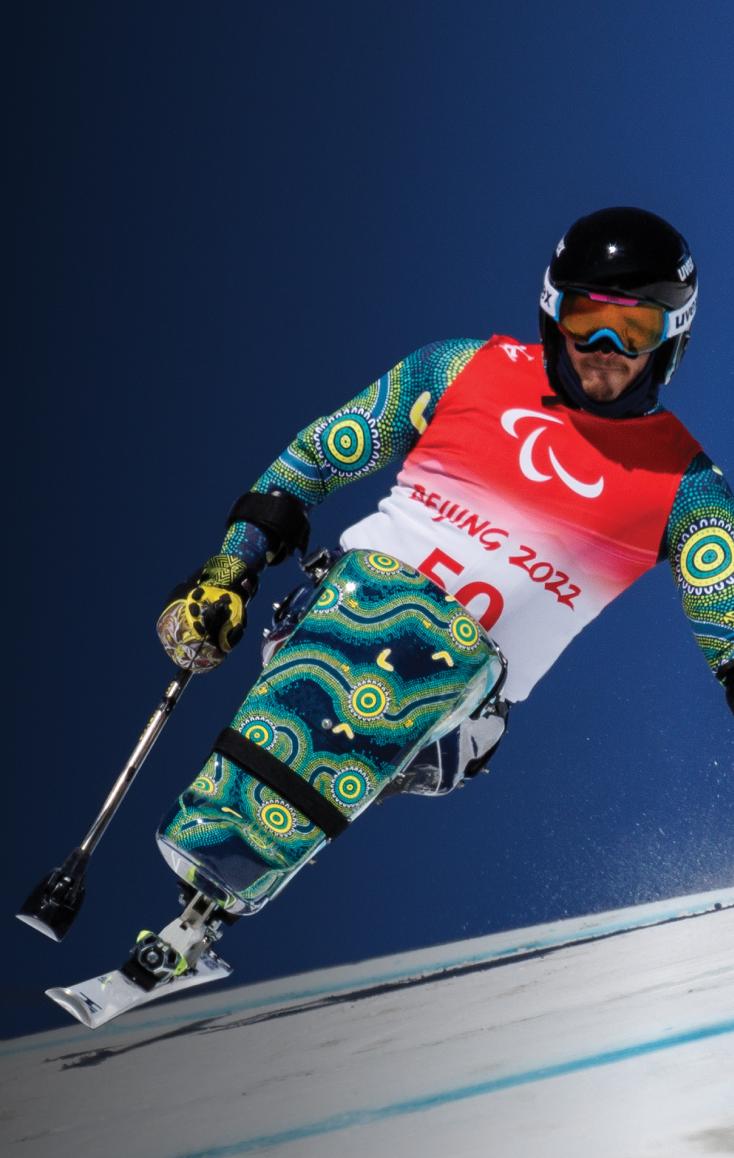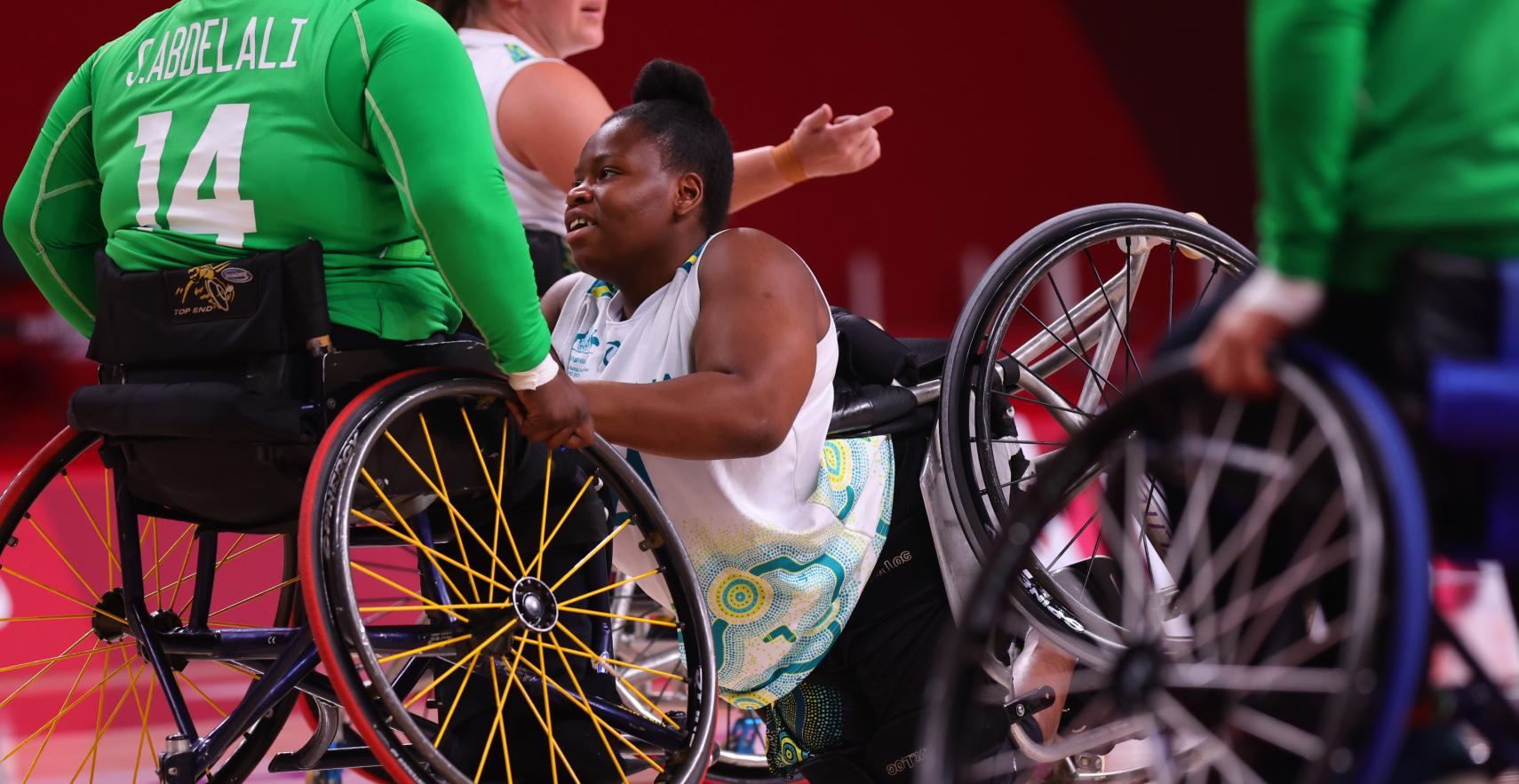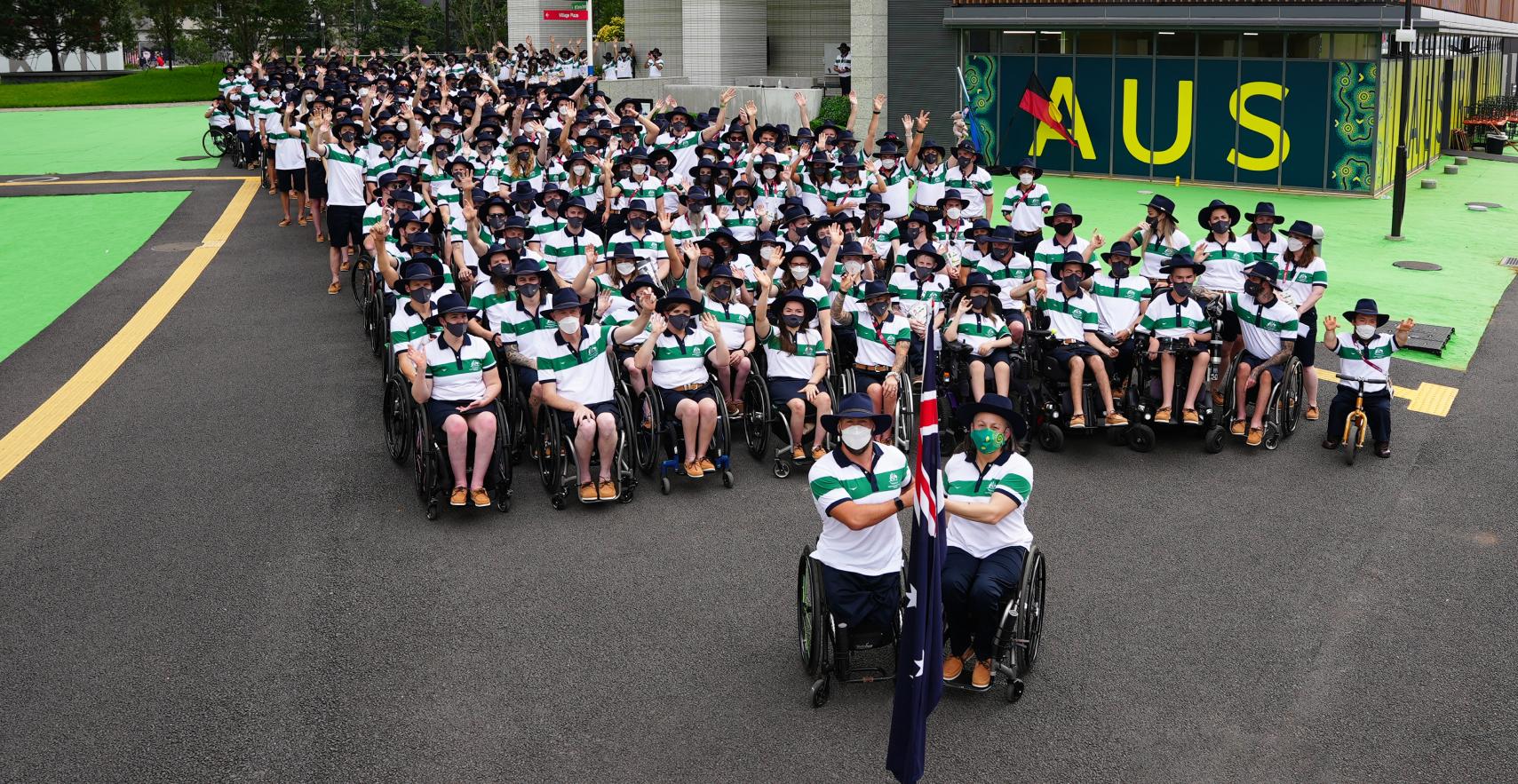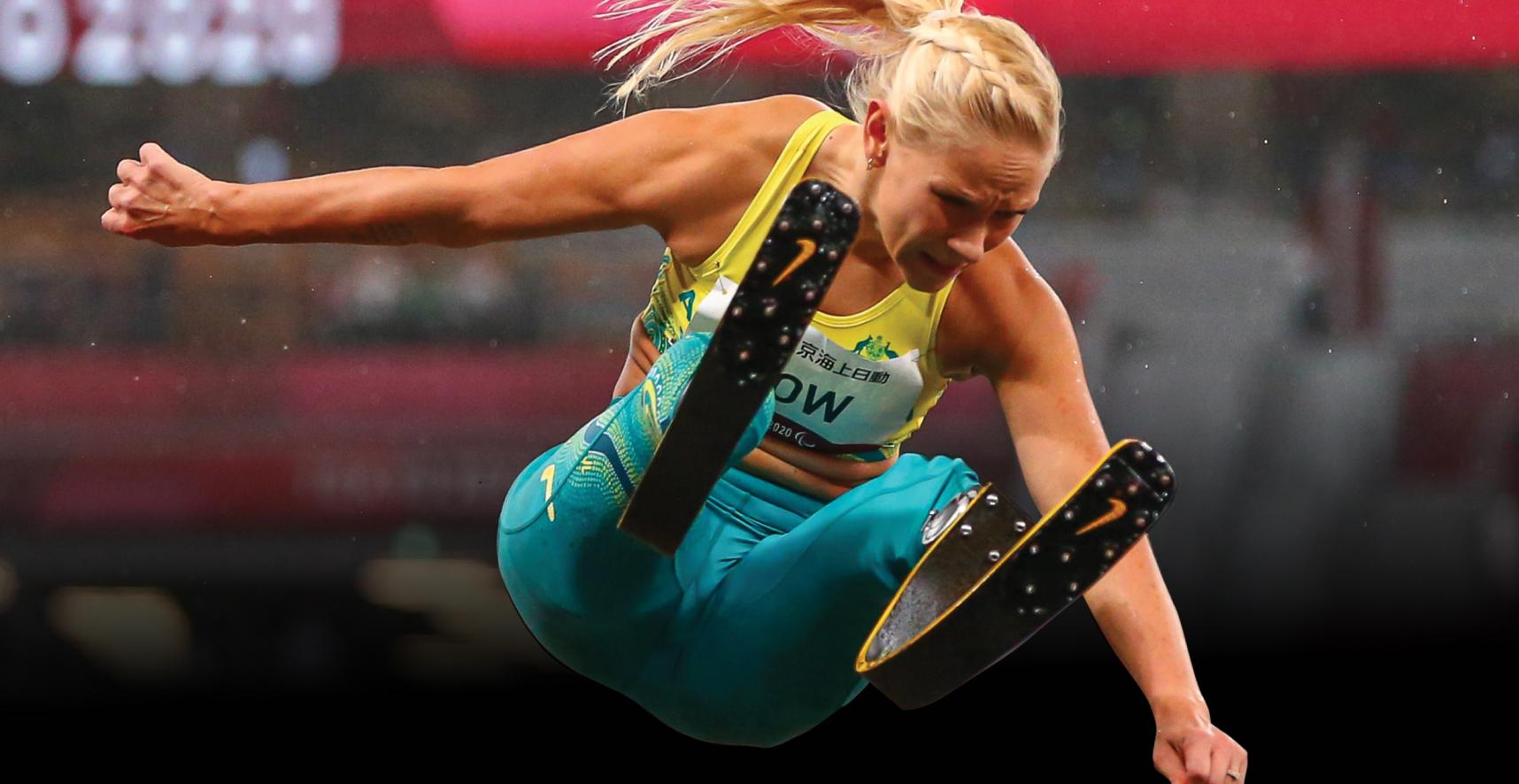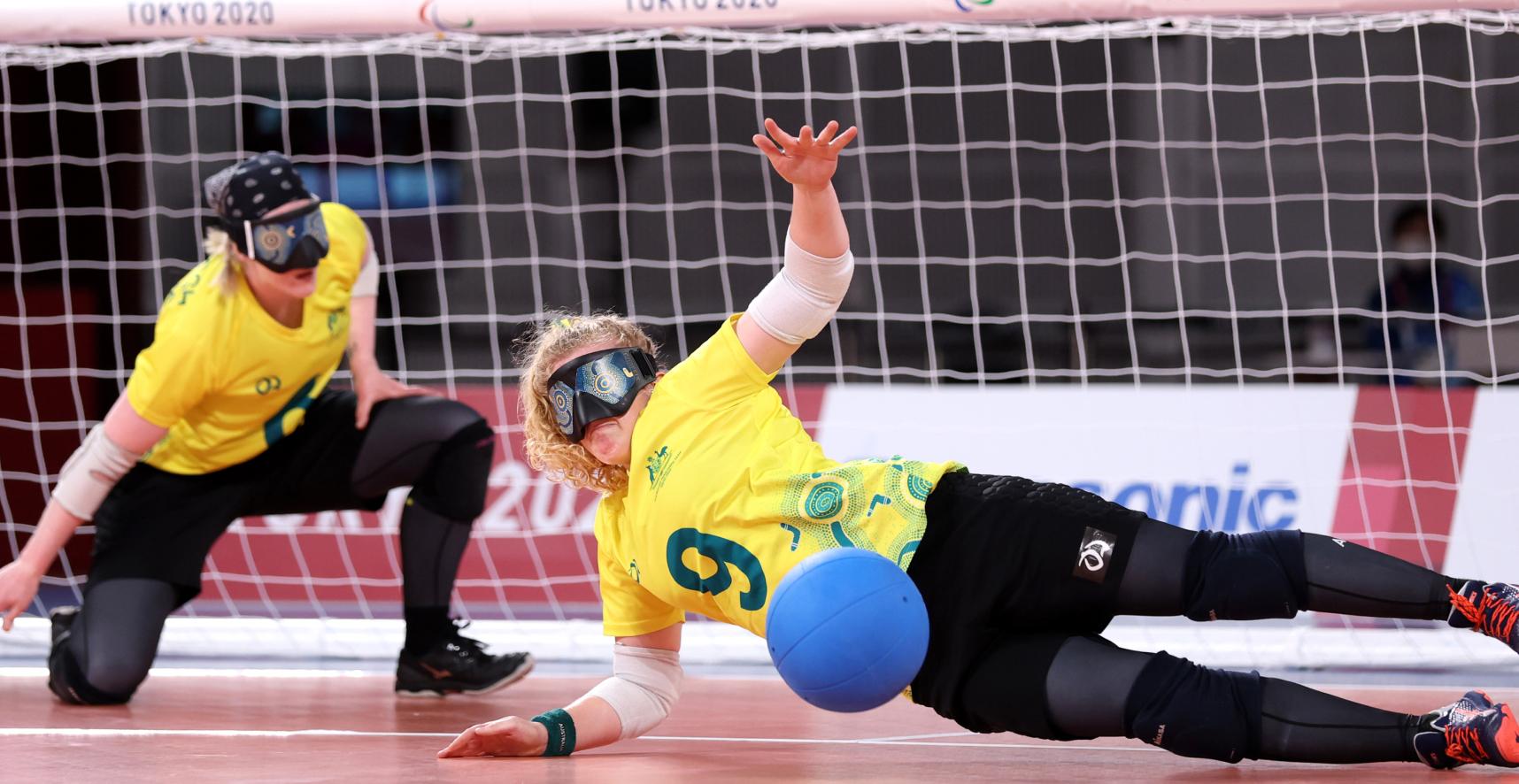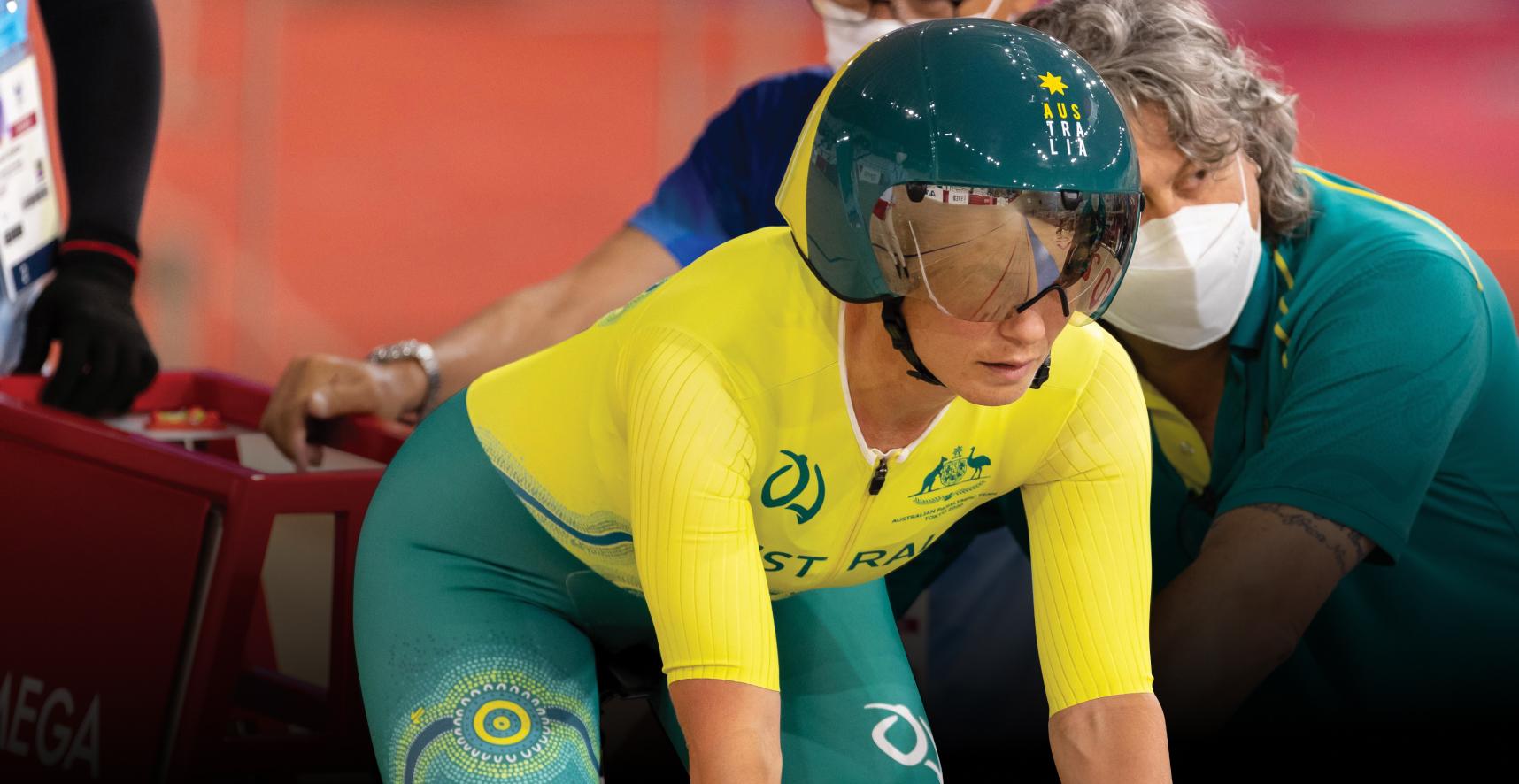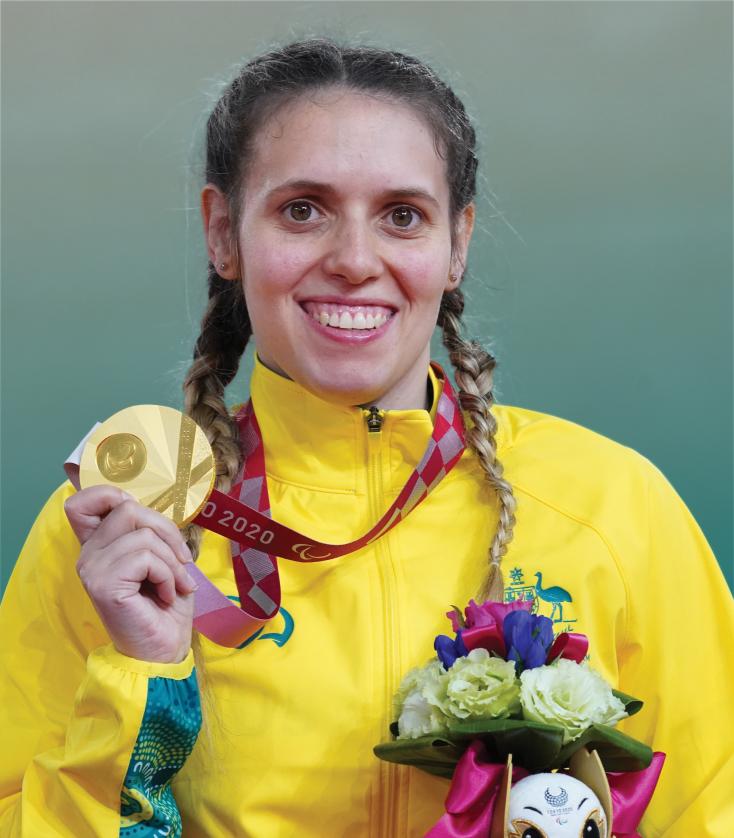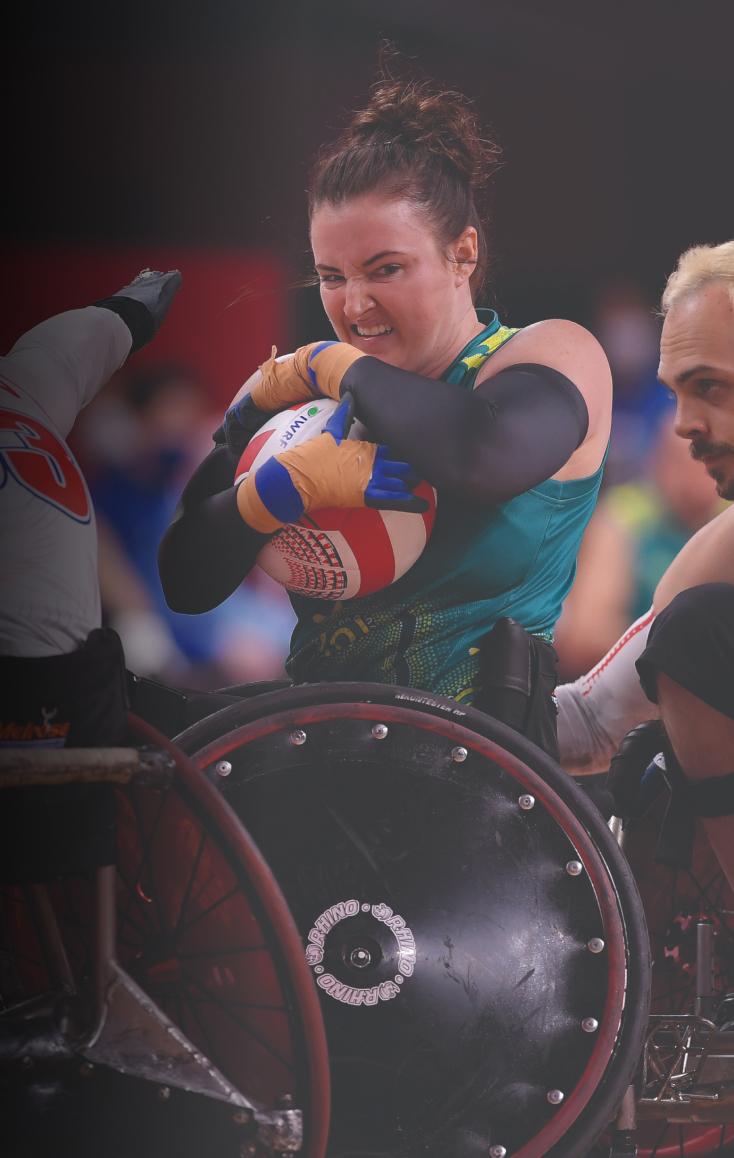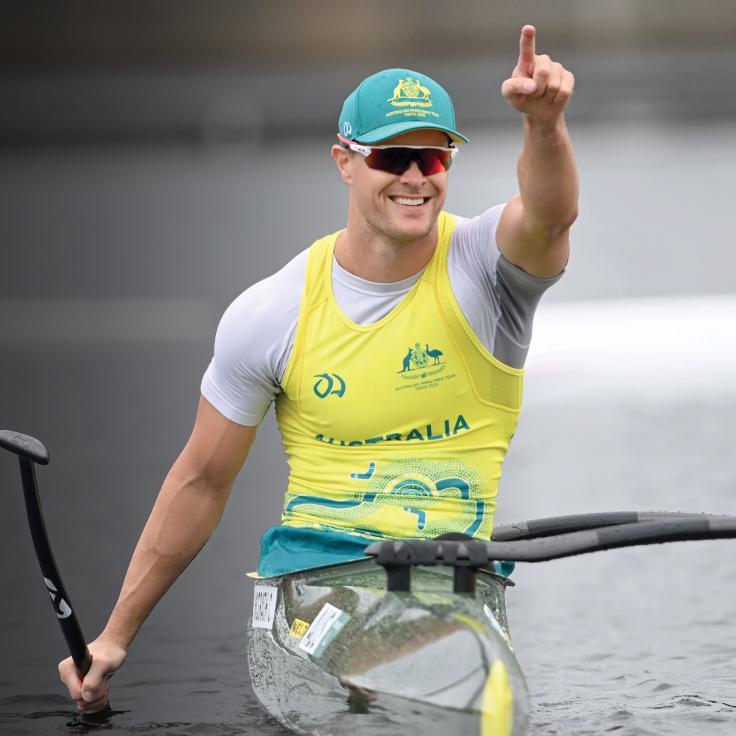Your Guide to the Language in This Plan
Acknowledgement of Country
Acknowledges the diversity, unique histories, cultures, knowledge and current experiences of individuals and communities across Australia. It celebrates their contributions to the nation broadly, and specifically to community and sport.
Athlete Development
Optimising the development of athletes, inclusive of the training, competition, and recovery phases depending on the athlete’s stage in their athletic development.
Athlete Wellbeing and Education (AWE)
A proactive approach to supporting athletes in building resilience, responsibility, purpose to thrive on and off the field and support their transition out of sport.
Australian Institute of Sport (AIS)
The organisation that leads and enables a united and collaborative high performance sport system that supports Australian athletes to achieve international podium success.
Australian Olympic Committee (AOC)
A non-government, not-for-profit organisation, committed to the development of youth and sport. With responsibility to select, send and fund Australian Teams to the Olympic Games.
Australian Sports Commission (ASC)
An Australian Government agency responsible for supporting and investing in sport at all levels.
Australia’s High Performance 2032+ Sport Strategy
Represents all peak bodies from across Australia’s Olympic, Paralympic and Commonwealth Games sports united for a national high performance sport strategy. It includes Federal, State and Territory Institutes and Academies of Sport, peak Games bodies the Australian Olympic Committee, Paralympics Australia and Commonwealth Games Australia and National Sporting Organisations.
Commonwealth Games Australia (CGA)
A member-based organisation (members are the National Sporting Organisations (NSO’s) representing the sports participating in Commonwealth Games), which exists to administer, control, and coordinate the participation of program sports and their respective athletes and officials in the Commonwealth Games.
Daily Training Environment (DTE)
Refers to the everyday workout or training environment of athletes in which every workout or training session has a performance focus.
High Performance (HP)
Refers to the system which identifies, nurtures and supports athlete’s development to maximise their potential. This pathway commences with talent identification, development of the athlete’s potential and progression through categorisation levels.
International Paralympic Committee (IPC)
The international, non-profit organisation and the global governing body for the Paralympic Movement. The IPC organises the Paralympic Games and functions as the international federation for six sports.
National Athlete Categorisation Framework (NACF)
The framework that Identifies the athletes with the greatest potential to contribute to Australia consistently winning medals at major international events. To inform the prioritisation of support to athletes and to track their performance over time.
National Institute Network (NIN)
The Australian Institute of Sport and eight State/Territory Institutes and Academies of Sport, representing Federal, State and Territory Governments.
National Paralympic Committee (NPC)
A National Paralympic Committee (NPC) is a national constituent of the worldwide Paralympic movement. Subject to the controls of the International Paralympic Committee (IPC), NPCs are responsible for organising participation in the Paralympic Games.
National Sporting Organisations (NSO)
Nationally recognised organisations for Olympic, Paralympic and Commonwealth Games sports and through them, their relevant State Sporting Organisations.
National Sporting Organisations for People with a Disability (NSOD)
The organisations that provide advice, support and opportunities for people living with a disability using sport as the medium.
National Sports Tribunal (NST)
Hears and resolves national-level sporting disputes in Australia.
Olympic Games
The leading international sporting event featuring summer and winter sports competitions in which thousands of athletes from around the world participate in a variety of competitions.
Paralympic Games
The major international sports competition for athletes with disabilities. The Paralympics are split into Winter Games and Summer Games, which alternately occur every two years.
Paralympics Australia (PA)
Helps Australians with disabilities participate in sport and compete at the Paralympic Games through partnerships with governments, business, sporting bodies and the community. Responsible for preparing the Australian Paralympic Summer and Winter Teams for the Paralympic Games.
People with Disability (PWD)
Language has an impact on the way people with disability feel and are perceived in society. It is important there is awareness of the meaning behind the words that are used when talking to, referring to, or collaborating with people with disability. People with disability are people first, who have families, who work, and who participate in sport and our communities. People with disability want their lives to be respected and affirmed. In addition, many people with disability are proud of being disabled, and want that identity respected.
Reconciliation Action Plan (RAP)
Provides the structured framework to take direct action to support First Nations athletes, coaches, and officials, and connect with Aboriginal and Torres Strait Islander communities. As our RAP evolves, PA will continue to bring Reconciliation to the forefront of its work.
Sport Integrity Australia (SIA)
Acts to keep Australian sport safe and fair, at all levels, for all participants. Established to draw together the country’s existing sport integrity capabilities, knowledge and expertise, and to coordinate and develop new threat responses, including prevention, detection, investigation, and enforcement programs.
State Institutes of Sport/State Academies of Sport (SIS/SAS)
The institutes and academies of sport that identify, develop, and support athletes with the potential to perform at the highest national and international levels of sport. The institutes and academies work with sporting partners to conduct world-class, intensive coaching and training programs and individual scholarship programs.
Talent Identification (TID)
Describes the process of an athlete moving into, and progressing up, the high performance pathway to an elite or high performance status.
Universal Design/ Inclusive Design
The design of buildings, products, or environments to make them accessible to all people, regardless of age, disability, or other factors. Inclusive design is human-centered design. It considers the full range of human diversity, including ability, language, culture, gender, age, and other forms of human difference, as part of the design process.
